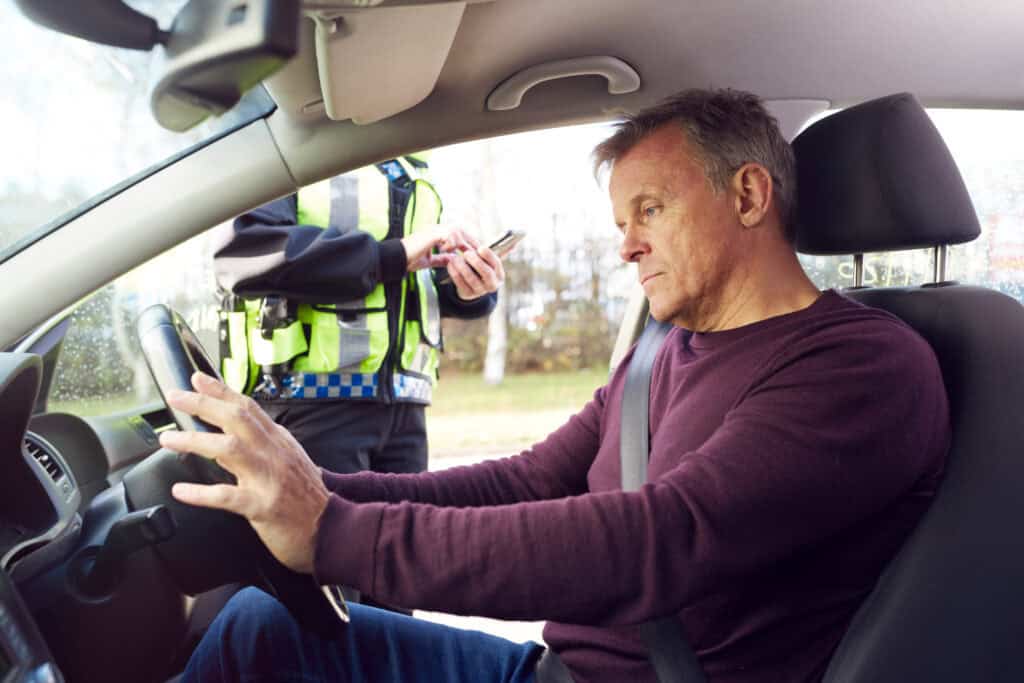
Drug Driving, Dangerous Driving, And Speeding Offences Hit Record Highs
The latest data has revealed that court cases for offences including drug driving, dangerous driving, and speeding hit record highs in 2021.
A sharp spike in offences followed a much lower rate in 2020 when the pandemic saw road usage drop and traffic levels at their lowest for decades. But following the return to offices and an increase in road traffic, drug driving cases reaching court increased by 54% on 2020’s figures and the number of speeding cases rose by 24%.
It shows just how prevalent driving offences have become as pressure grows on the authorities to reduce numbers and increase safety on the roads for all road users.
What Does It Mean For Road Safety?
The data was released by the Crown and Magistrates Court and shows record highs in offences such as:
- Dangerous driving
- Drug driving
- Causing serious injury through dangerous driving
- Drivers failing to supply information when required
Court cases for drug driving, dangerous driving, and speeding hit record highs last year, in a “shocking” return to the roads after the pandemic.
More than 32,000 drivers were in court for drink driving offences, while more than 6,000 people were charged with using a handheld mobile device while driving.
It shows that despite awareness campaigns and a change in the law, many offences are still rising. The effectiveness of stricter punishments and new laws can often take years to fully take effect though, with driving habits improving and awareness increasing over time.
The conviction rate is incredibly high with motoring offences in court, too. Last year saw an 85.5% conviction rate from a total of 638,044 offences, showing that of those cases that do make it to court, many of them are likely to lead to a conviction.
Experts have stressed that the delays in court proceedings have inflated some of the numbers, but also warned of falling driving standards after many drivers were out of practice during lockdowns and throughout the pandemic.
Changing Driving Behaviour
Fleet owners have already been warned about post-lockdown driving behaviour on UK roads and the rise in driving offences highlights this even further.
In fact, a survey revealed that half of all the drivers surveyed think that it’s fine to use their mobile phones behind the wheel.
While one in 10 drivers think it’s acceptable to answer a video call while driving, and 7% admit that they catch up with their favourite TV shows while driving on longer journeys.
For those who drive for work, these changing habits are concerning.
Commercial drivers should be made fully aware of the new regulations that came into force, one of which means that it is illegal for any driver to pick up and use their mobile phone while driving – which applies to all aspects of phone use, including using social media and scrolling through playlists.
What precautions are your drivers taking to ensure they’re safe on the roads? Have you noticed a change in driving standards post-lockdown? Let us know in the comments below.

